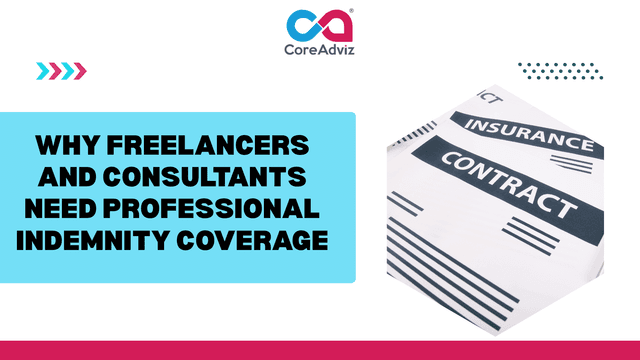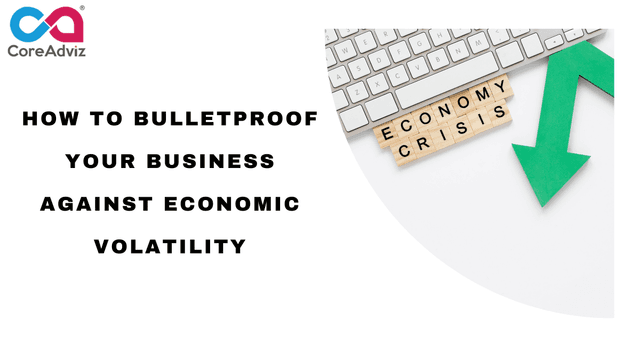
HomeBlog Choosing the Best Business Structure in the UK – A Comprehensive Guide
Choosing the Best Business Structure in the UK – A Comprehensive Guide
Kausik MukherjeeBusiness
Starting a business is an exciting journey but selecting the right business structure is really a challenging job. It’s a most critical decision that every business owner faces. As several business options are available there in the UK so understanding the pros and cons of each structure is essential for laying a strong foundation for your venture.
Why Business Structure Matters
Business structure determines legal responsibilities (such as liability and reporting), financial implications, operational flexibility and overall growth potential. Therefore choosing the wrong structure can lead to unnecessary complications and expenses. Let’s explore some of the most common business structures in the UK and how to decide which is right for you.
1. Sole Trader
Sole trader is one of the simplest business structures. You can run the business as an individual, keeping all profits after deducting the tax. But you will also be personally responsible for any debts and liabilities.
Advantages
One of the main advantages of running a sole trader business is that it is easy and inexpensive to set up. You will also have full control over all business decisions. You can set your vision and preferences. Most importantly, all profits generated by the business go directly to you. This will maximize your financial rewards for your efforts.
Disadvantages
The owner of a sole proprietorship is completely accountable for whatever debts the business has. If the firm has money troubles, this puts their personal property at jeopardy. It’s also frequently harder to secure loans or find investors because they might not want to back a business run by just one person.
2. Partnership
A partnership is a business owned by two or more people who share profits, losses, and responsibility for the business. Two types of partnership business are there. First one is ordinary partnership and the 2nd one is limited liability partnerships (LLPs).
Advantages
As partnership business is easy to establish so many entrepreneurs want to build this type of business. One of its key advantages is the ability to share responsibility and workload among partners, which can help distribute tasks more efficiently and reduce individual stress. In addition, partnerships are usually favorable when there is a straightforward tax regime since profits and losses usually filter through to the individual tax returns of the partners to avoid the intricacies of taxing corporations. This blend of simplicity and malleability makes partnerships favorable among small businesses.
3. Limited Company
A limited company has a distinct legal personality from its owners (shareholders) and managers (directors). It may be private limited company (Ltd) or public limited company (PLC).
Advantages
Being registered as a Limited company has various important benefits. Shareholders are able to safeguard their personal assets from the company’s liabilities. Also, maintaining a formal corporate status boosts the company’s reputation with clients and investors.
Disadvantages
A Public Limited Company (PLC) is more complex and costly to set up. It’s very difficult to operate compared to other business structures. Additionally, the financial accounts of a PLC are made publicly available and it ensures transparency but also subjecting the company’s financial performance to public scrutiny.
4. Social Enterprise and Charitable Structures
If your company is socially or philanthropic mission-driven then you may look to adopt forms such as a Community Interest Company (CIC) or a Charitable Incorporated Organisation (CIO). These structures give the advantage of limited liability and can improve your prospects of attracting grant and donation funding.
Conclusion
Choosing the right business structure is a crucial for any UK entrepreneur. It depends on business goal, risk bearing capacity and investment. Therefore every business owner should take time to research, seek professional guidance if needed and lay a solid foundation for their new venture.




